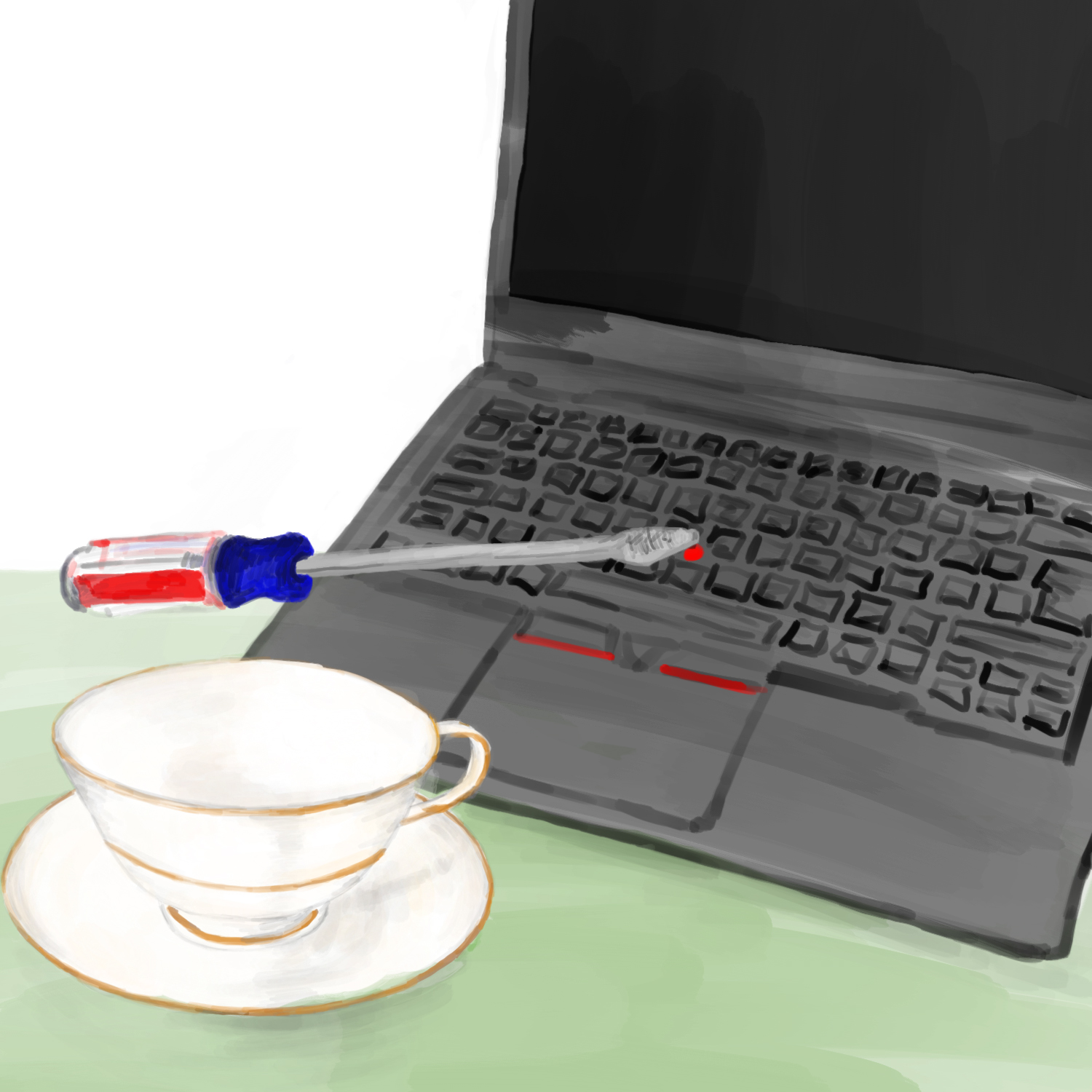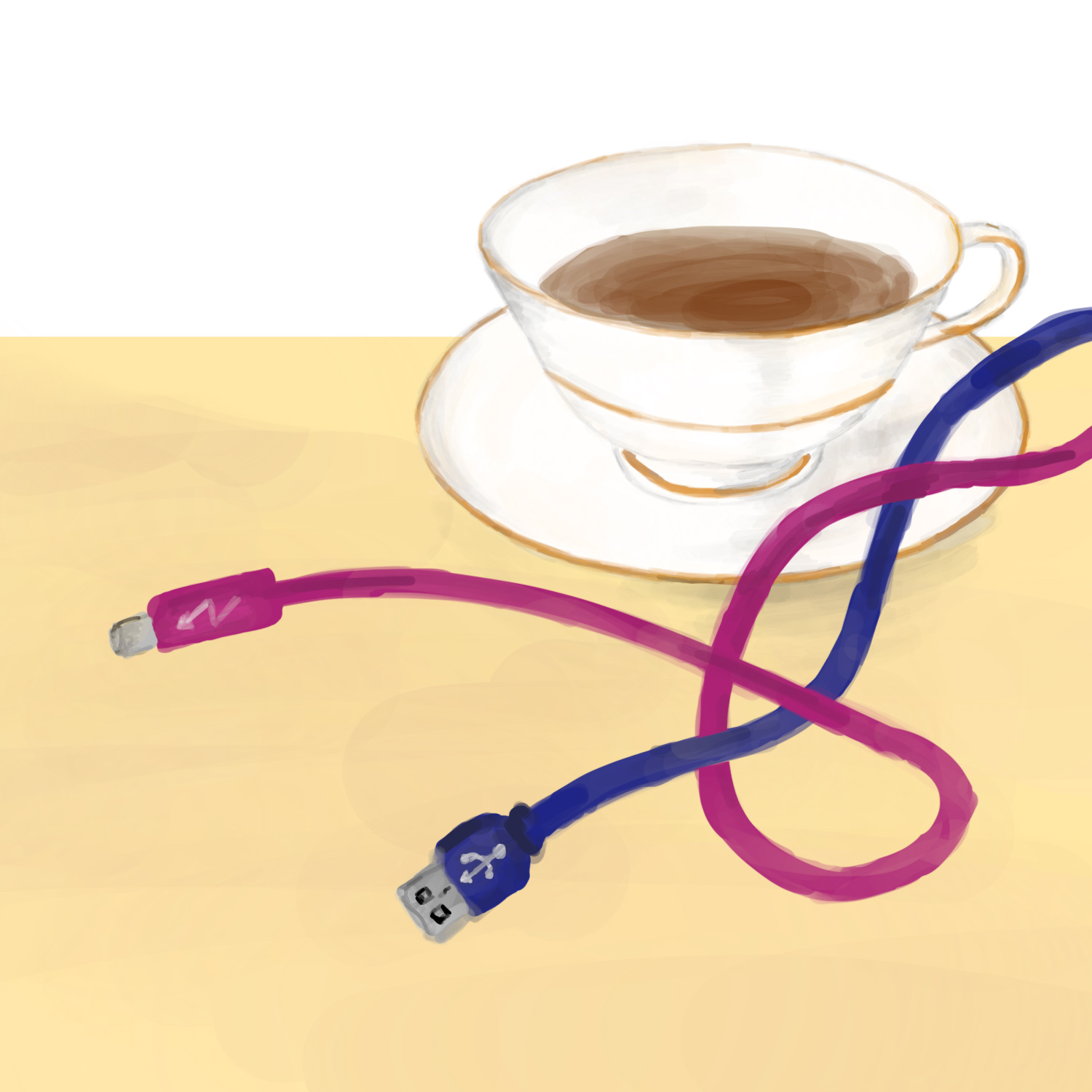Four more episodes of Loose Leaf Security are out, a series about securing your laptop and desktop computers:

Physical attacks to your computers and disk encryption
Liz and Geoffrey are back with a look at physical computer security - just how much trouble could someone cause if they got access to your laptop for a few minutes? - and what sorts of problems disk encryption can and cannot solve. Also, security issues at popular social media services cause trouble for 90 million Facebook users and every Google+ user.

Backups
Backups are an important part of keeping your devices secure - as mentioned last episode, backups not only help with lost devices but also let you easily and confidently wipe a compromised computer and get back to work quickly. Liz and Geoffrey take a look at different types of backups, including cloud versus local backups.

Malware, antivirus, and safe downloads
Malware, viruses, worms, adware - whatever you call them, you don't want them on your computer. But how do you keep them away? We take a look at the surprisingly involved process of downloading software from a trustworthy source, as well as the history of why desktop OSes are so vulnerable. Also, Liz talks Geoffrey out of running for office in Japan.

Built-in dangers: physical ports, OS defaults, and remote access
From the fancy new USB-C or Thunderbolt ports on your laptop to the software and settings that came with your operating system, there are a lot of potential security concerns with recent computers. Liz and Geoffrey finish up their series on desktop and laptop security by looking at some of the latest threats - and why computers with old-style USB ports aren't much safer. Plus, some new scams to avoid and the scoop on some juicy internal Facebook documents.
Head over to Loose Leaf Security or click the links above for the full audio and our detailed show notes. We also added a new archives page, so you can find all our various content - podcast episodes, zines, reference pages, etc. - quickly.
As always, you can subscribe to Loose Leaf Security in your favorite podcatcher and follow the project on Twitter, Instagram, and Facebook.